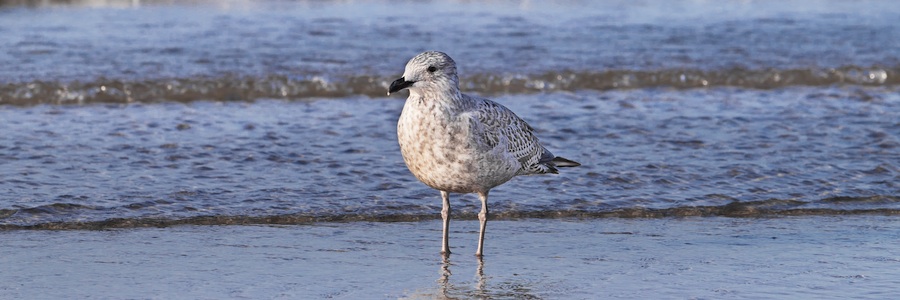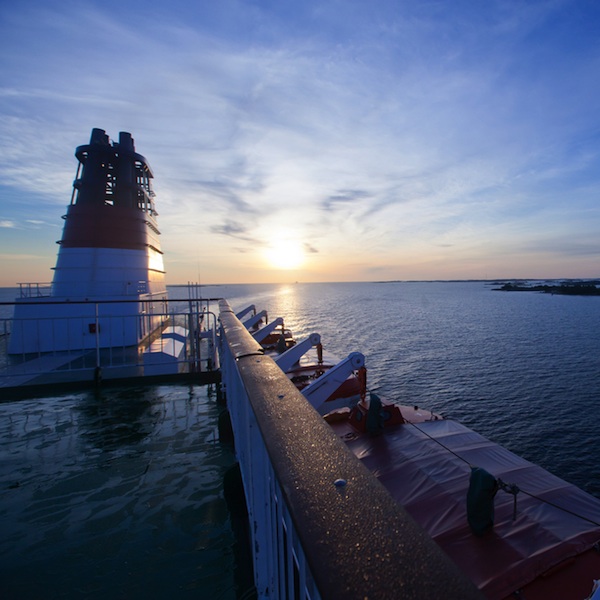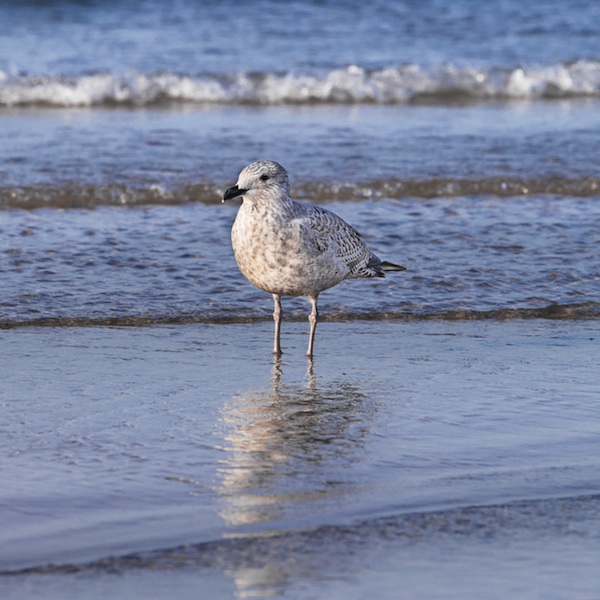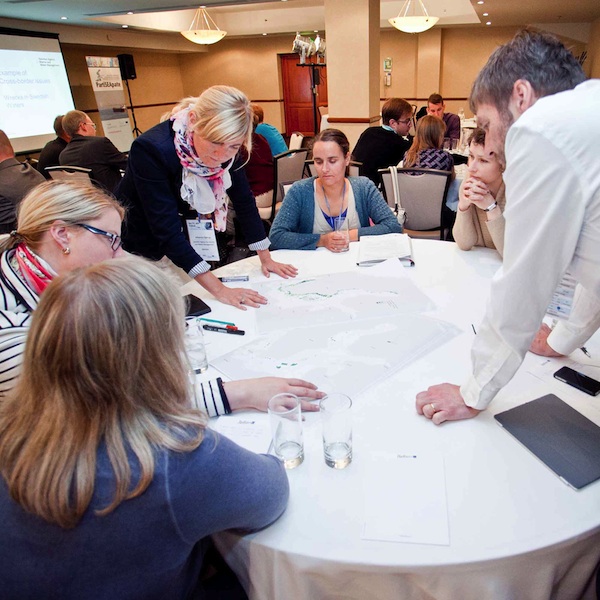Case studies

BALTSPACE analysed the institutional and socio-ecologic contexts of MSP and critical integration challenges in the Baltic Sea Region.
The analytical framework developed by the project has been applied in the case studies. Based on document analysis, semi-structured interviews and – where available – existing research findings, BALTSPACE partners identified enablers and constraints that impact on different forms of integration in the BSR.
Results has be verified by participants in the several MSP Dialogue Forum and has been translated into recommendations on how to benefit from effective integration in MSP.
Case studies
Three strategic case study areas had been identified based on previous research and projects. BALTSPACE used these to carry out in-depth analysis of what promotes and obstructs integration in MSP in each case and to test innovative science-based tools. Two case studies – the South Western Baltic and the Eastern Baltic - are place-based whilst the third is pan-Baltic focusing on efforts to develop coherent MSP in the BSR (the HELCOM-VASAB Working Group on MSP). The place-based cases represent two highly distinct and different parts of the Baltic Sea in terms of intensity of maritime uses and environmental character.
South-western Baltic case
The South-western Baltic case study area includes the Baltic Straights, the Arkona Basin and the Pomeranian Bight. The area is characterized by good data availability and a high degree of socio-economic and ecological cross-border interaction. This is an area of intensive shipping, with several operative and planned offshore wind farms, a dense network of pipelines, cables and many ecologically valuable areas. Sweden, Germany and Denmark have a long-standing tradition of cooperating with regard to sea uses, with Poland included more recently.
Eastern Baltic case
The Eastern Baltic case covers the territorial waters and EEZ of Lithuania and Latvia, Russia (Kaliningrad), the remaining Polish waters as well as the Swedish EEZ and territorial waters south of Gotland. The area is characterized by relatively poor data availability and little socio-economic cross-border interaction. Traditional sea uses dominate, such as fishery and shipping (ports), with only few operational wind farms (Sweden), a scattered network of cables and pipelines and a few sites of oil and gravel extraction (Poland and Russia). Here cooperation has developed only recently and still faces important challenges, in particular with regard to the inclusion of Russia. The abundance of relatively empty sea space means there is little drive to cooperate.
The place-based transnational case studies have been complemented by in-depth sub-cases at a national or regional level to ensure that critical integration challenges are sufficiently addressed.
Research in all three case study areas has been undertaken in close collaboration with the DG MARE funded project Baltic Scope (2015-2017), which is mainly driven by the MSP authorities themselves as part of national MSP processes (see background page).






